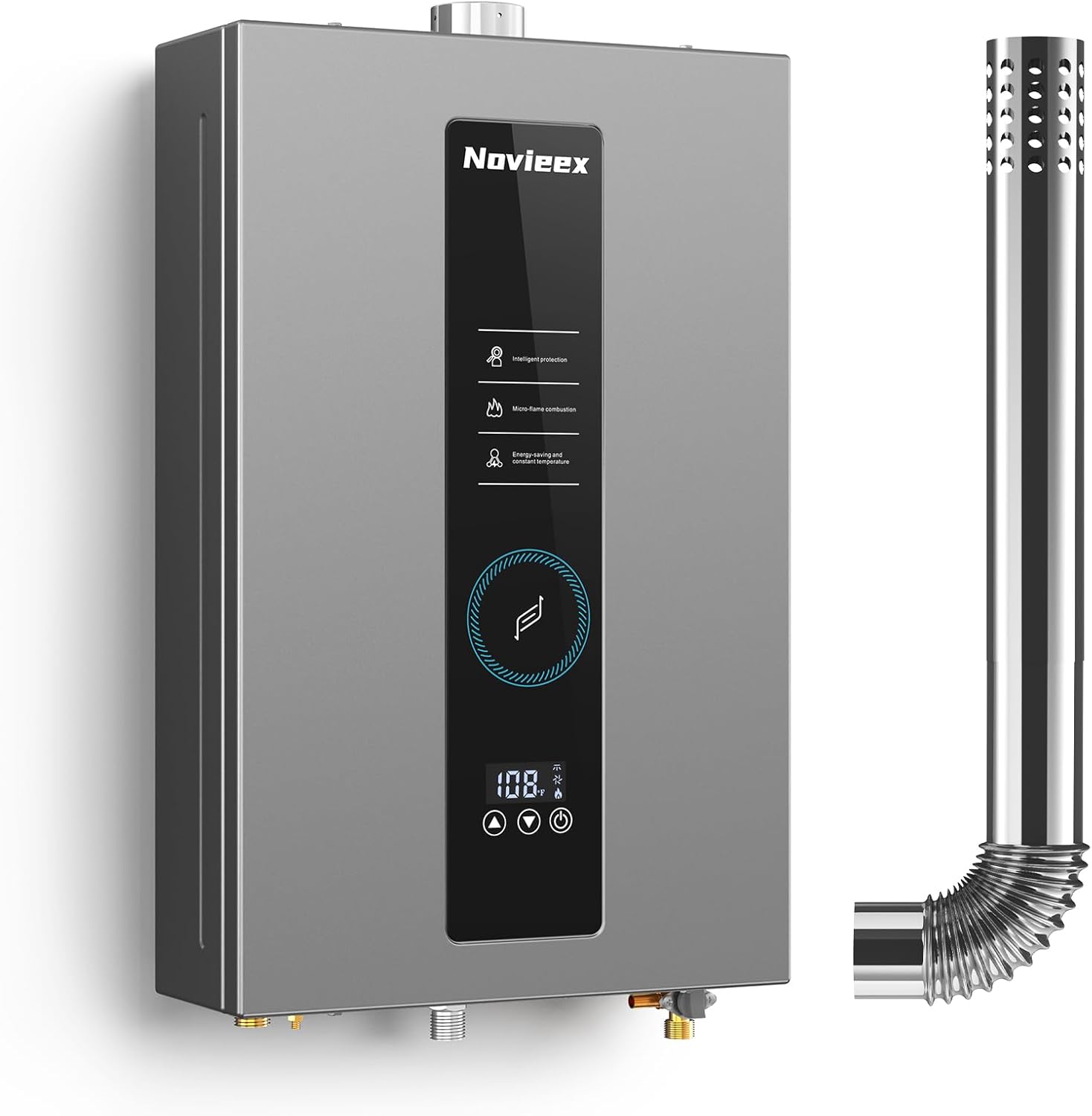The average household uses between 500 to 1,200 gallons of heating oil annually, depending on factors like home size, insulation, and climate.
Heating oil consumption varies widely based on home size, climate, and system efficiency. The average U.S. home uses 500-1,200 gallons annually, with daily usage ranging from 2-8 gallons depending on outdoor temperatures. Understanding your specific needs helps prevent winter shortages and optimize costs.

Key Factors Affecting Heating Oil Consumption
1. Home Size and Layout
Larger homes require more heating oil. A 2,500 sq ft home typically uses 800-1,000 gallons annually, while a 1,500 sq ft home may use 500-700 gallons. Multi-story homes often consume more oil than single-story designs with the same square footage due to heat rising.
2. Outdoor Temperature
Heating oil usage spikes in colder weather:
| Outdoor Temperature | Daily Oil Usage | 275-Gallon Tank Duration |
|---|---|---|
| 50°F | 2 gallons | 137 days |
| 40°F | 3.7 gallons | 74 days |
| 20°F | 7 gallons | 39 days |
3. Heating System Efficiency
Modern oil furnaces with 85-95% AFUE ratings use 15-30% less fuel than older 60-70% AFUE models. Regular maintenance through services like oil boiler troubleshooting can maintain efficiency.

Calculating Your Home’s Oil Needs
Historical Usage Method
Review past delivery receipts to calculate annual consumption. Divide total gallons by heating days for daily averages. This method works best for established homeowners.
Square Footage Estimation
Average consumption per square foot:
- Mild climates: 0.15-0.20 gallons/sq ft/year
- Moderate climates: 0.20-0.25 gallons/sq ft/year
- Cold climates: 0.25-0.35 gallons/sq ft/year
Optimizing Heating Oil Efficiency
1. Upgrade Insulation
Proper attic and wall insulation can reduce oil consumption by 15-20%. Focus on sealing air leaks around windows and doors.
2. Install a Programmable Thermostat
Lowering the temperature by 7-10°F for 8 hours daily can save 10% annually. Consider thermostats compatible with your heating system.
3. Regular Maintenance
Annual professional tune-ups improve efficiency by 5-10%. Change filters monthly during heating season.
Alternative Heating Options
For supplemental heating, consider:
- Oil-filled radiators for zone heating
- Propane space heaters (ensure proper ventilation)
- Electric infrared panels for targeted warmth
According to the U.S. Energy Information Administration, heating accounts for 42% of residential energy use in cold climates. The Department of Energy recommends annual furnace inspections to maintain efficiency.
When to Schedule Oil Deliveries
Monitor your tank gauge regularly. Schedule deliveries when the tank reaches 30% capacity to avoid emergency fees. Many providers offer automatic delivery programs that track weather and usage patterns.

